Which paps are good for the baby? Stiftung Warentest has tested
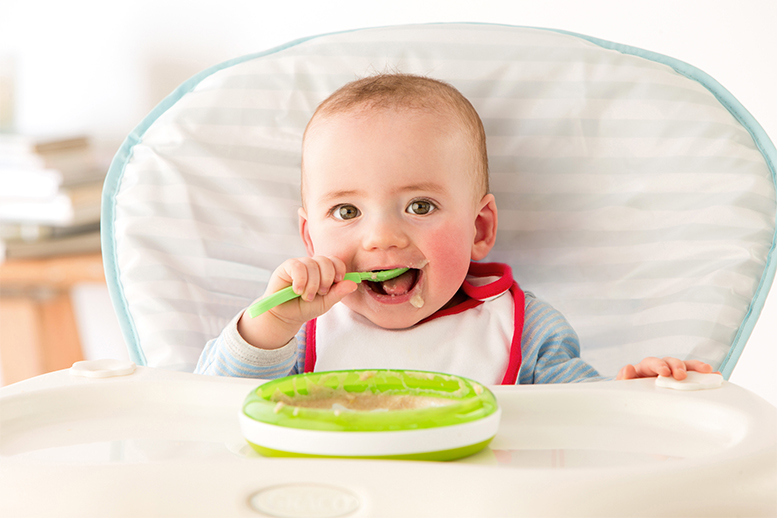
Latest news
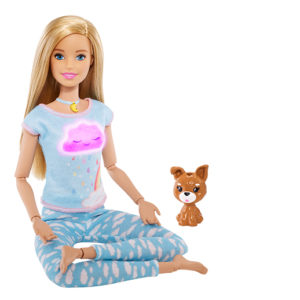
-ADVERTISEMENT- The wellness and fitness trend has arrived in the …
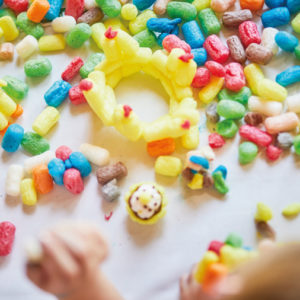
The fight against environmental destruction and the climate crisis are …
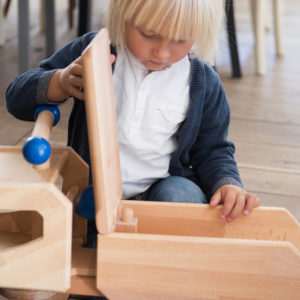
Anyone looking for new products in the field of toys, …
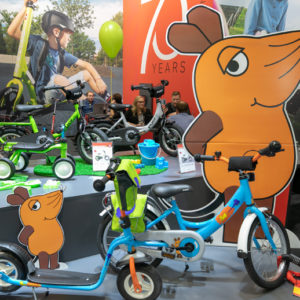
It is a market with huge dimensions and great potential. …

For companies, a social media presence has become indispensable and …

Hardly anything disturbs customers as much as waiting at the …

Research by TV station RBB has shown that some outlet …

The industry association Licensing International (formerly LIMA) has honored outstanding …

Communications manager Hannah König and managing director Stephan Schenk are …
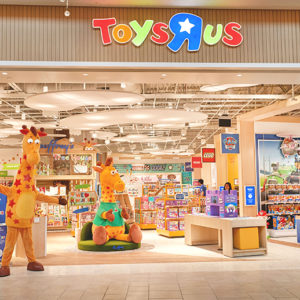
The toy dealer wants to leave his insolvency behind him. …
Parents trust baby paps manufacturers to use healthy ingredients and that there are no harmful substances in the baby’s food. All the more alarming is the current test result by Stiftung Warentest, in which only three out of 19 tested paps scored “good”. In many paps, plenty of sugar, fruit powder and harmful substances were discovered.
Stiftung Warentest has taken a closer look at powders to be stirred, as well as at paps from the glass. The powders of Hipp and dm and the Alnatura paps in the glass finished with “good”. Most of the paps, on the other hand, only achieved a satisfactory rating and four only a sufficient one.
Hipp, dm & Alnatura convince
Stiftung Warentest has divided the test into the following areas: Nutritional quality (50 percent), influence on flavour (5 percent), critical substances (20 percent), microbiological quality (5 percent), packaging (5 percent) and declaration (15 percent). Only two brands were able to score well in the category of milk and cereal paps powder for mixing. Hipp received an overall score of 1.9 for the “Organic Milk Mash Good Night Kids Biscuit” and a score of 1.7 for the mash in the area of nutritional physiological quality, due in part to its very low sugar content. With this result, the organic milk pap from Hipp is the test winner in the current test of Stiftung Warentest. Hipp was rated good (2.0) with regard to the influence on flavour. Hipp’s organic milk pap “Gute Nacht Kinderkeks” also received a grade of 1.9 for critical substances and a grade of 1.0 for microbiological quality. The assessment of the packaging (3.0) and the declaration (2.6) of the pap, on the other hand, was rather satisfactory.
The paps from dm “Babylove Organic Milk Porridge Semolina” was rated “good” (2.1) by Stiftung Warentest. In the field of nutritional-physiological quality, he scored with a very low sugar content and thus received a grade of 2. Just like the manufacturer Hipp, he also received a grade of 2 for his influence on flavour. The paps were tested in the laboratories for health-relevant substances, including pesticides, 3-MCPD esters, heavy metals and mineral oil hydrocarbons. Among the so-called critical substances, dm’s pulp scored 2.5. There was a “very good” (1.0) for the microbiological quality of the pulp and a “good” (2.0) for the declaration. For the packaging, the dm pap received a satisfactory mark (2.8).
The “pure semolina evening porridge” from Alnatura was rated “good” (2.4) by Stiftung Warentest in the “milk-cereal paps in glass” category. There was a 2.6 for the nutritional-physiological quality. The grade “very good” (1.0) was awarded for the influence on flavour and microbiological quality. The packaging (2.2) as well as the declaration (2.4) of the Alnatura Breis received the grade “good”. In the area of critical substances, the “pure semolina evening pap” finished with a mark of 2.5.
Unsafe Ingredients
When testing the baby paps, Stiftung Warentest oriented itself to the needs of a six-month-old infant. Of the 19 paps tested, three were rated “good”, twelve “satisfactory” and four “sufficient”. Some paps are contaminated with harmful substances up to just below the limit value, have an unfavourable composition or contain ingredients that stimulate the craving for sweets. Significant amounts of arsenic have been found in rice pap. The metalloid is absorbed by the rice plant via the soil. The critical group of substances 3-MCPD esters, which can arise during the refining of fat, was also found. A relatively large amount of chlorate and the solvent isododecane were also found in isolated paps. In addition, Stiftung Warentest discovered an increased amount of sugar in some baby paps. “Baby pap with an intensely sweet taste is not recommended because it can adversely affect the long-term taste preferences of children,” explains Professor Berthold Koletzko, head of the Metabolism and Nutrition Department at the Hauner Children’s Hospital in Munich and spokesman for the scientific advisory board of the “Gesund ins Leben” network, which develops recommendations for babies, to Stiftung Warentest. Since babies perceive sweetness intensively, the doctor advises the parents: “Try it yourself. If it tastes very sweet, it is unsuitable for your child.”
You might be also interested in:
Stiftung Warentest recommends Cybex, Britax Römer & Maxi-Cosi car seats for children
Children’s tableware – Bamboo products insufficient according to Öko-Test
Link:
Image: iStock
//JP



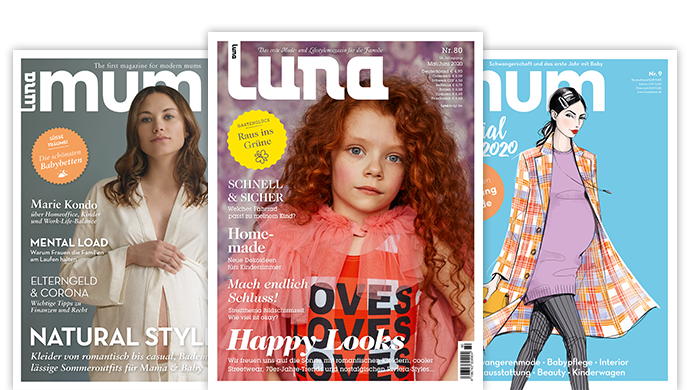
Leave a Reply